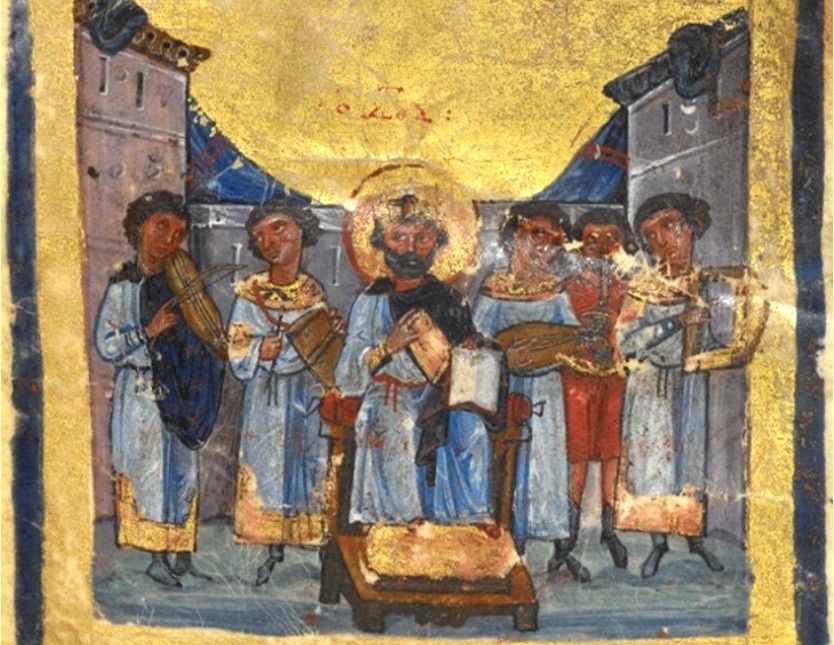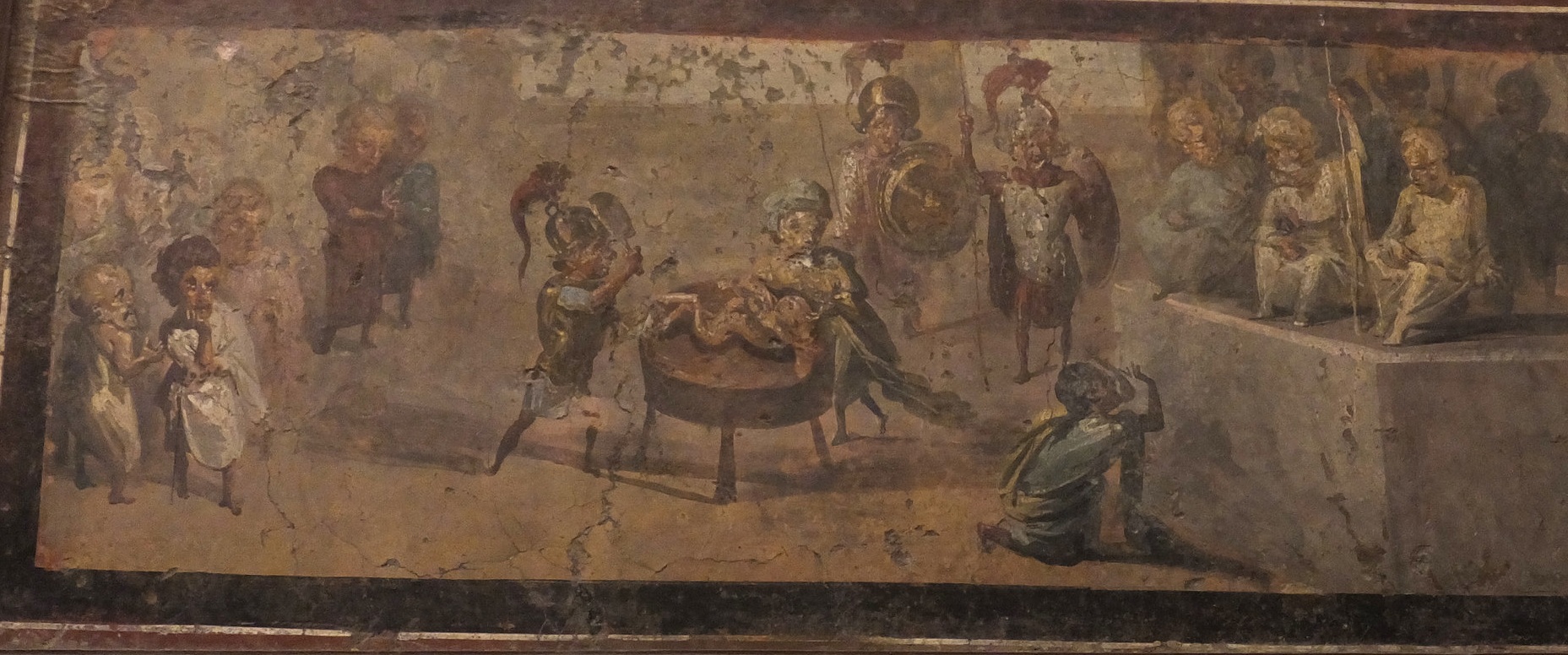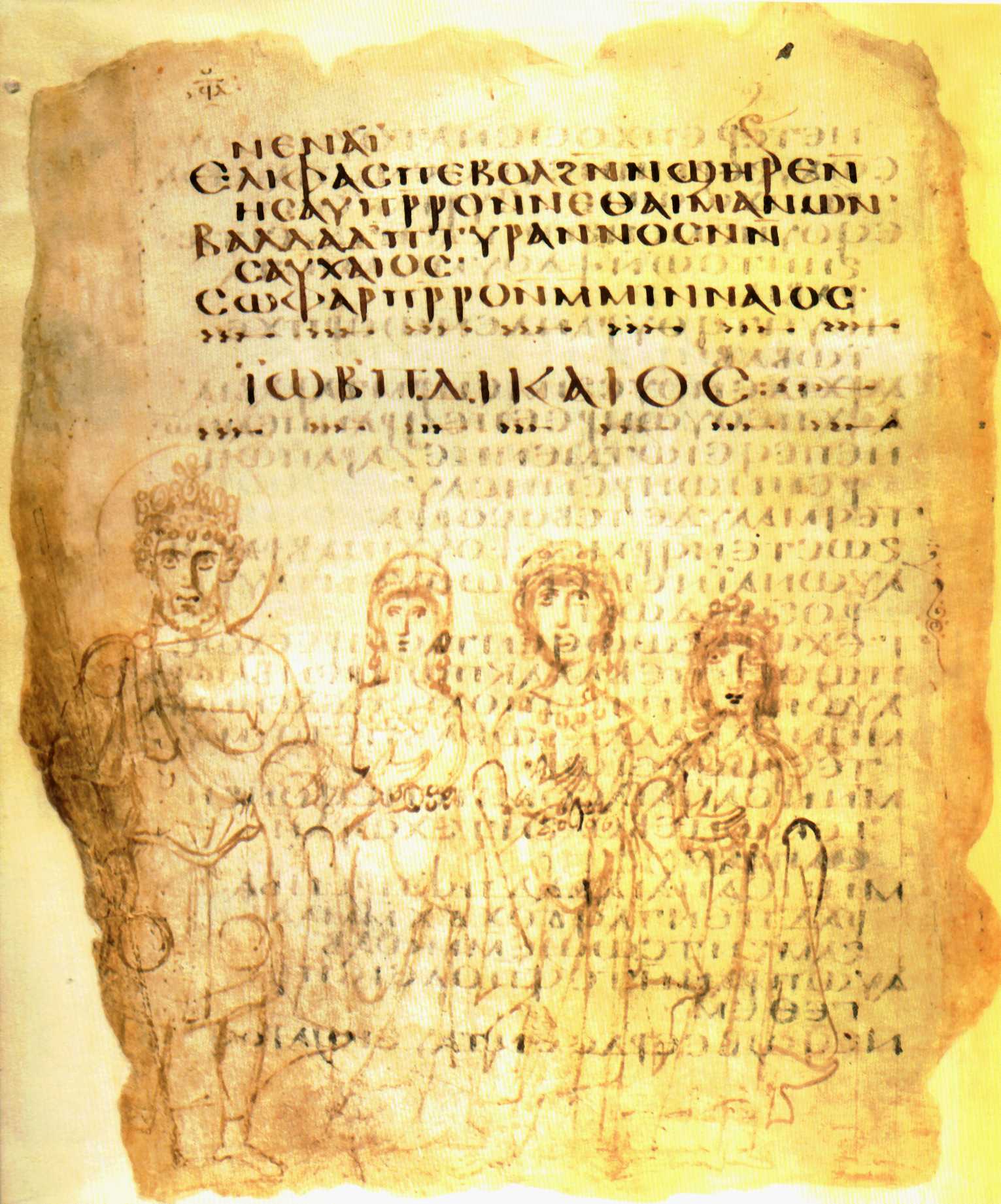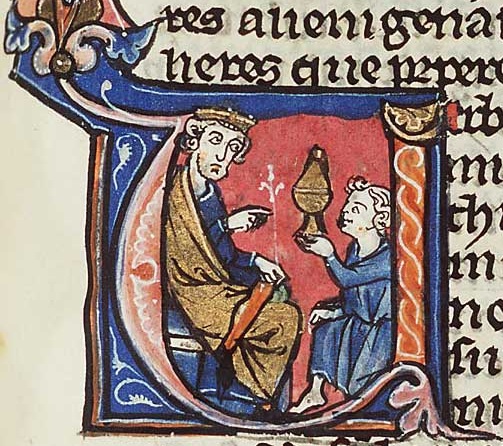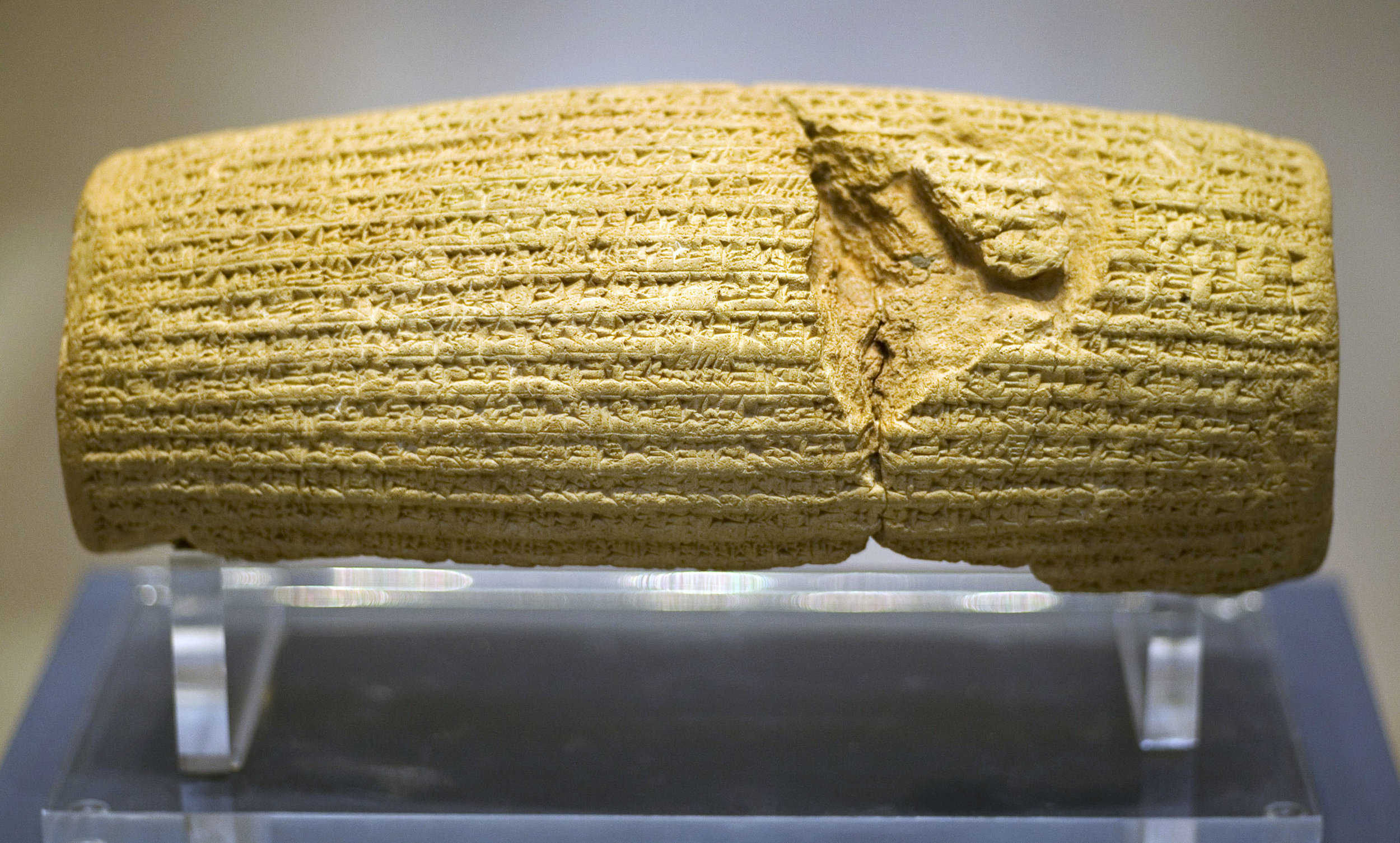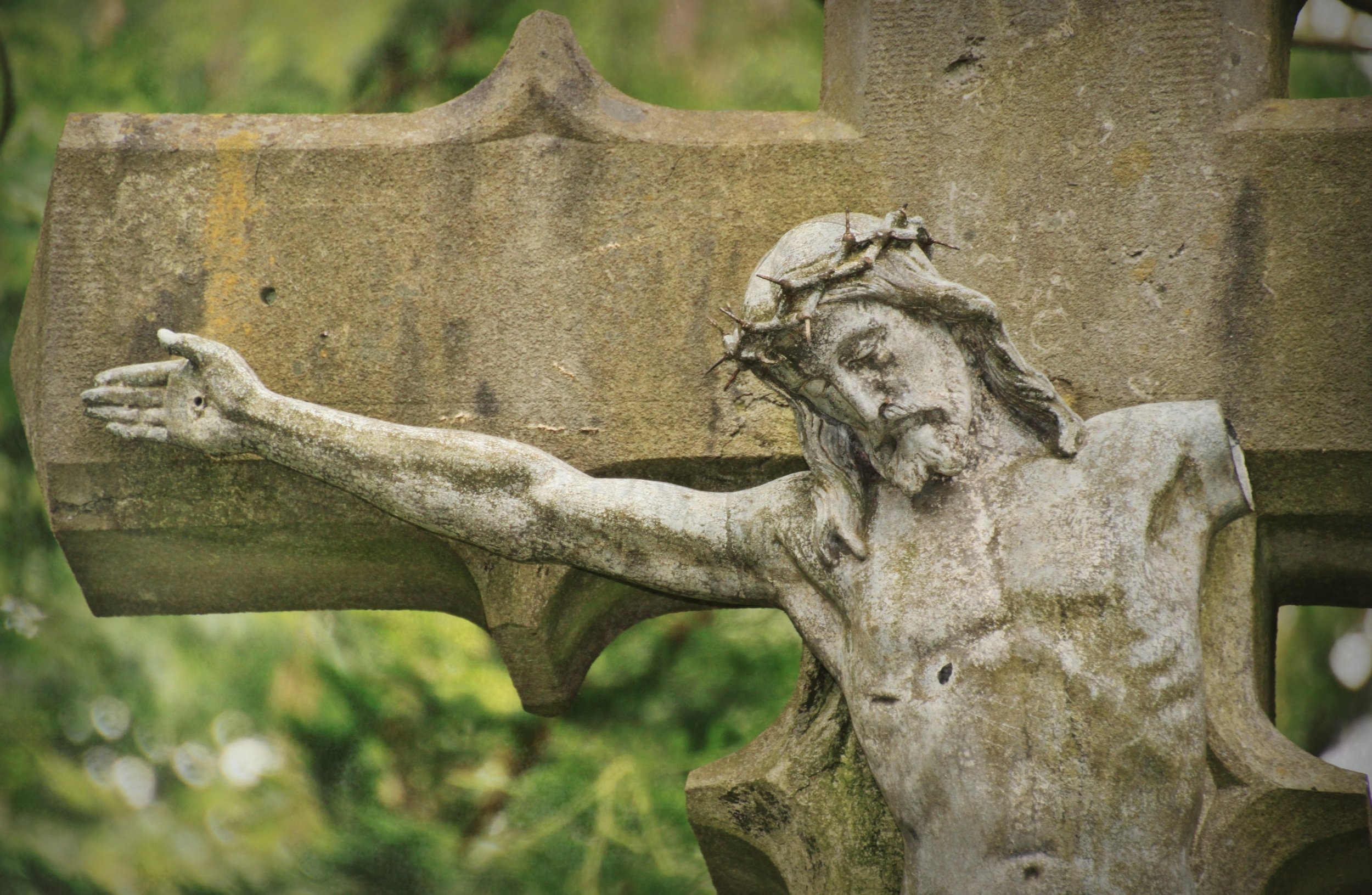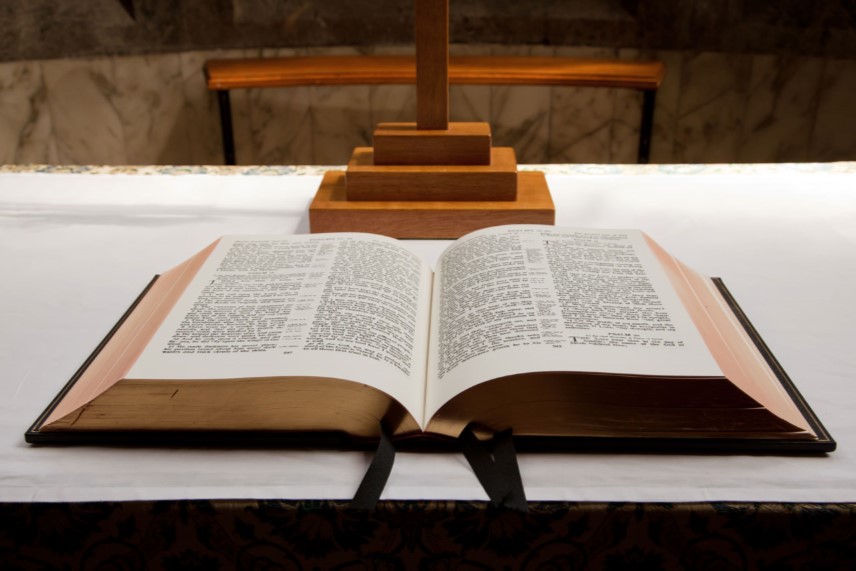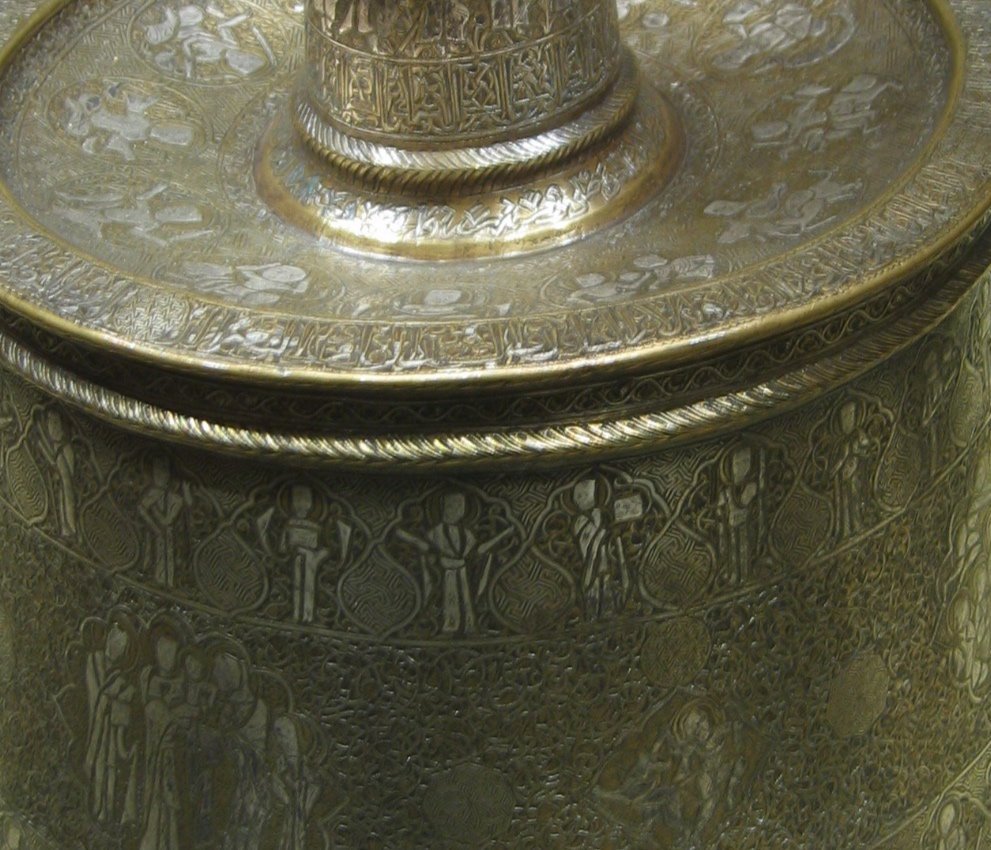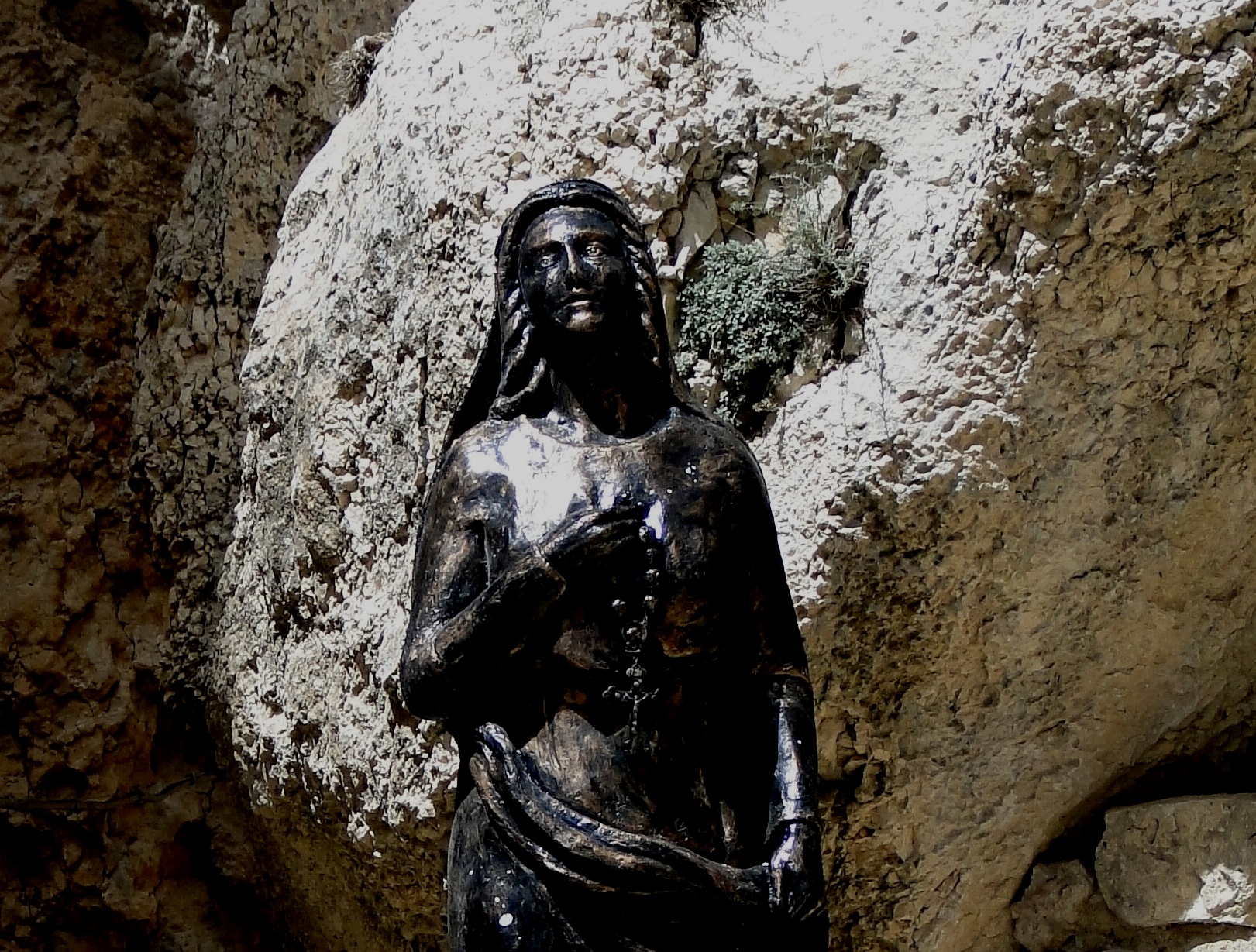Tending the Garden Within
Bible Studies, Messages, Papers on the Book of Psalms
Photograph: Illuminated manuscript of King David and his musicians from the Bristol Psalter, a Byzantine Psalter written in the 11th century, in Greek. Photo credit: MedievalPOC.
Below are messages, small group leader notes, and exegetical notes on the Book of Psalms.
Messages on the Psalms
Psalm 2 The King's Prayer: The Foundation for Intercessory Prayer.
Psalms 15, 112, 146 We Need to Sing. Sermon given by Mako Nagasawa at Neighborhood Church of Dorchester in October 2021. This is part 8 of a series called The Lord Hears the Cry of the Poor, which started in the Book of Isaiah, then continued in 2 Corinthians. The focus was how the songs we sing, and the expressions of worship we use, shape our sense of God’s shalom and justice. I spotlighted Psalms 15, 112, and 146. Paul quotes Psalm 112 in 2 Corinthians 9.
Psalm 22 God Becomes the Hero: Psalm 22 and How Jesus Retold David’s Story. This is Session Eight from our 2019 conference, Healing Atonement. We made it public in June 2025 because our October 2025 conference, Constant Connection, will expand on the themes of why God does not separate Himself from us. On the cross, Jesus quoted Psalm 22:1, “My God, my God, why have you forsake me?” This “cry of dereliction” has long puzzled Christians. Advocates of penal substitutionary atonement claim that God the Father turned against or away from the Son in some real sense. But not only does this violate various Scriptures and theological convictions about the Father-Son union flowing from the Nicene Creed, there is a much better explanation, rooted in the pattern of Jesus retelling David’s story. Medical substitution stresses the active, not passive, obedience of Jesus, and God’s faithfulness to restore that which was broken, lost, and incomplete.
Small Group Leader Notes on the Psalms:
Series: All Psalms, In Order
Book of Psalms The Past, Present, and Future of the House of David
Psalm 1 The Way of Life and the Way of Death
Psalm 2 The Way of the King and the Way Against Him
Psalm 3 & 4 Morning and Evening Prayer
Psalm 7 Judge Me According to My Righteousness?
Psalm 8 Who is the Human Person to You, God?
Psalm 11 God the Fire, God the Refuge
Psalm 12 Human Words Versus God’s Words
Psalm 17 When God Purifies Us for His Presence
Psalm 18 God Re-enacts His Fiery Presence on Sinai
Psalm 19 God Speaks to Us, With and Without Words
Psalm 20 God Answers the King and Answers Us Through the King
Psalm 21 Shape My Desires and Joy
Psalm 22 Why Have You Forsaken Me to the Gentiles?
Psalm 23 Lord, Be My Shepherd
Psalm 25 Instruct, Teach, and Lead Me
Psalm 26 Vindicate Me in Conflict
Psalm 27 One Thing I Ask, Lord: Your Presence
Psalm 28 I Lift Up My Hands to You in Hope
Psalm 32 The Blessing of Being Forgiven
Psalm 33 Trusting that God Has Promised a Place for Us
Psalm 34 David Is a New Passover Lamb, and God Delivers Others Towards David
Psalm 35 Lord God, Fight for Me
Psalm 36 The Lovingkindness of God in the Face of Our Sin-Sickness
Psalm 37 God's Goodness and the Problem of Evil
Psalm 38 Prayer of Exhausted Conviction, for Protection
Prayer 39 How Much Longer, O Lord, Do I Have to Be King?
Psalm 51 Purify and Wash Me, Create In Me a Clean Heart
Psalm 52 Praying for a Betrayer
Psalm 56 A Cry for Deliverance
Psalm 57 When You See Evil Starting to Be Undone
Psalm 59 Wronged by Those You Still Love
Psalm 66 You Have Tried and Refined Us, O God
Psalm 81 God’s Tests: You Passed and You Failed
Psalm 95 You Tried to Test Me, O Israel
Psalm 105 God’s Word Tested Joseph, Now God’s Word Tests You
Psalm 107 God's Great Reversal: Return from Exile
Psalm 110 The King God Promised
Psalm 119:1 - 32 Enlarge My Heart
Psalm 139 Being Known by God
Psalm 142 Lord, Be My Refuge
Psalm 144 David's Preparation for Battle
Thematic Study The Theme of Fire in the Psalms (in progress)
Psalms & Samuel Life and Psalms of David
Series: Try Me and Test Me, O God — God as Refining Fire
Psalm 7 Judge Me According to My Righteousness?
Psalm 11 God the Fire, God the Refuge
Psalm 12 Human Words Versus God’s Words
Psalm 17 When God Purifies Us for His Presence
Psalm 18 God Re-enacts His Fiery Presence on Sinai
Psalm 21 God’s King Will Wield God’s Fire
Psalm 26 Test Me and Try Me, O God
Psalm 51 Purify and Wash Me, Create In Me a Clean Heart
Psalm 66 You Have Tried and Refined Us, O God
Psalm 81 God’s Tests: You Passed and You Failed
Psalm 95 You Tried to Test Me, O Israel
Psalm 105 God’s Word Tested Joseph, Now God’s Word Tests You
Psalm 139 Search Me, Know Me, Try Me
Notes and Essays on the Psalms
The Heir of David: A Thematic and Canonical Analysis of the Writings
Essay exploring how the Writings — the third group of the Hebrew Bible according to the Jewish tradition — are arranged. There is a garden-to-exile-to-restoration theme that can be discerned in the orderings of the books in the Writings. The Writings develop the readers’ hope in the Heir of David as the one who will bring about the restoration from exile, and return to the garden land.
Hope Filled Full, Part Three: The New Testament and the Hopes of the Psalms
Essay exploring how Jesus appears to have spoken the psalms as prayers of his own voice, as an amplification of the prayers of David’s voice.
The Structure of the Psalms: The Past, Present, and Future of the House of David
Notes presenting a high-level view of the entire Book of Psalms. These notes draw on the work of biblical scholars Gerald Wilson and Gordon Wenham. These notes help support medical substitutionary atonement, and undermines the case for penal substitutionary atonement, because Jesus’ quotation of Psalm 22 at the cross is Jesus’ positioning of his own pre-enthronement persecution as parallel to David’s pre-enthronement persecution. Read this series of blog posts, where post 2 in the series draws on this material.
Jesus' Cry of Dereliction: Why the Father Did Not Turn Against or Away from the Son this blog series examines Jesus' quotation of Psalm 22:1, 'My God, my God, why have you forsaken me?' from the cross. To read this in one paper, see Jesus' Cry of Dereliction: Why the Father Did Not Turn Against or Away from the Son
Other Resources on the Psalms
Ronald Benun, Evil and the Disruption of Order: A Structural Analysis of the Acrostics in the First Book of Psalms (Journal of Hebrew Scriptures, 2006) The four alphabetic acrostics in the first book of Psalms (9/10, 25, 34, and 37) are all missing verses beginning with certain letters of the alphabet and have other anomalies as well. Most scholars attribute these problems to errors in transmission and try to solve them through textual emendation. Benun argues that these disruptions are an original feature of these psalms and are placed purposefully as part of a sophisticated literary structure. Note there are four acrostic poems in the fifth book of Psalms also (111, 112, 119, 145).
Mariano Gomez Aranda, Medieval Jewish Exegesis of Psalm 2 (Journal of Hebrew Scriptures, 2018) with an eye to the division between Jewish and Christian communities over the centuries, Aranda examines Saadiah Gaon, Yefet ben Eli, Salmon ben Yeruham, Rashi, Josef Bechor Shor, Abraham ibn Ezra, David Kimhi, Jacob ben Reuben, Menahem ha-Meiri, and Isaiah of Thrani. The comparison and contrast of the explanations of these authors will show that medieval Jewish exegesis of this psalm, far from being unanimous, led to a diversity of viewpoints on the references in the psalm to historical or eschatological figures.

